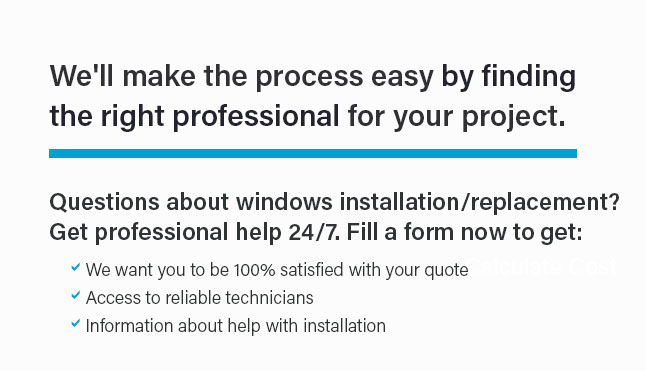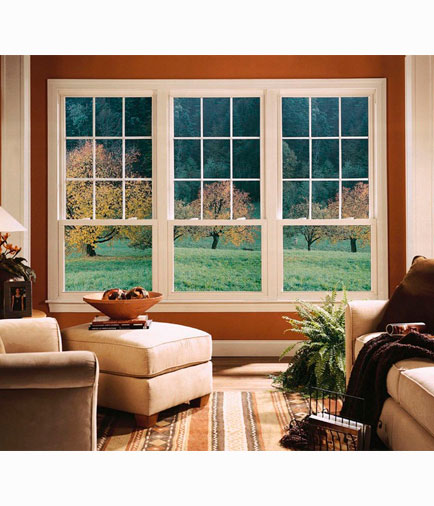 |
 |
 |
 |
|
 |
||
 |
 |
 |
 |
 |
 |
 |
 |
|
 |
 |
|
Transform your living space and elevate your home's energy efficiency with our premier window installation and replacement services, where precision meets affordability-did you know the average cost to replace windows is an investment that pays for itself through enhanced comfort and reduced energy bills? With us, you're not just choosing new windows; you're choosing a brighter, more sustainable future, so let's redefine your home's potential together.
https://www.pella.com/shop/windows/replacement/?srsltid=AfmBOoqWLAoW9BoYyzm2UaCoG20KYqlKB0ZcU5Xu95WCra_Hh519b_bH
What is the average cost to replace windows? add. A number of factors contribute to the cost of replacing windows, including material type, glass type ... https://www.taylorswindows.com/how-much-does-it-cost-to-replace-my-windows/
The cost of window replacement is a multifaceted consideration that involves various factors, from the type of windows to regional cost variations. https://www.homeblue.com/window-replacement/columbia-sc-window-replacement-cost.htm
Average cost to replace windows ranges from $600 to $900 for a standard wood double hung window (installed). To get a more accurate cost for ...
|